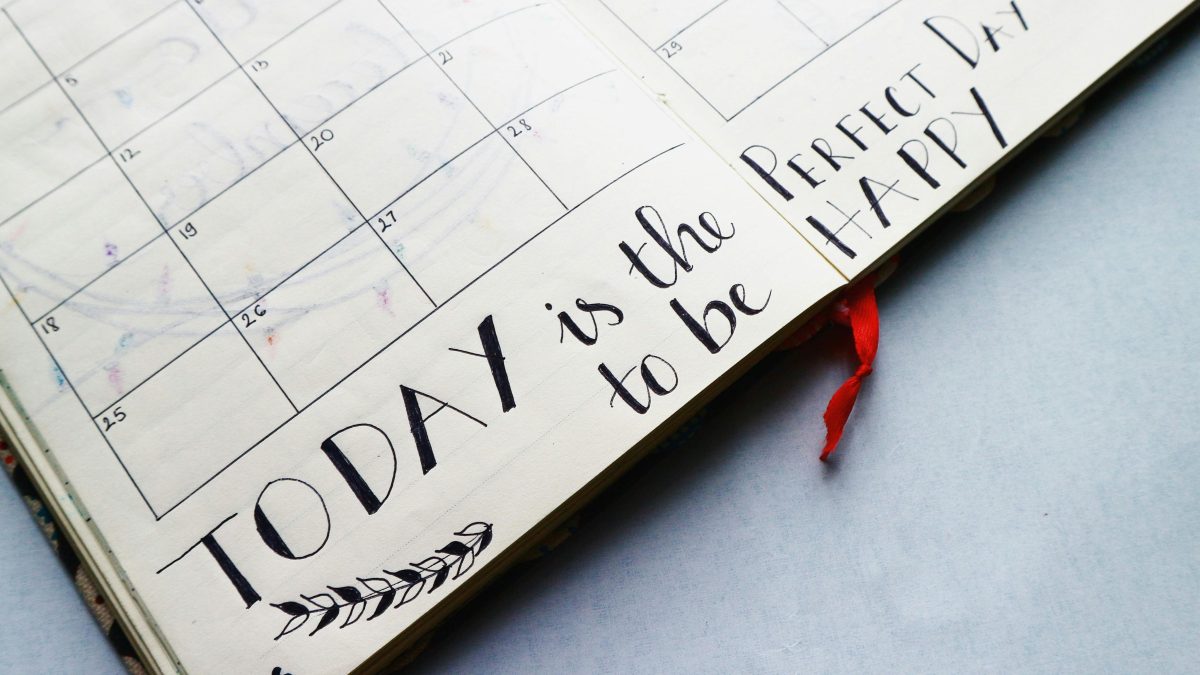And this year has certainly been no exception. But let’s face it: by mid-January, most of those goals will have been forgotten. Why does this happen? Maybe because we overload ourselves with too many goals at the same time or because we can’t find the motivation to achieve them.
That’s why this year I have decided to simplify. Instead of trying to fulfil a long list of resolutions, I have set myself just one: to be kind. It may sound simple, but being kind not only transforms the way we live, but also the impact we have on others.
Why a purpose can change your life
Kindness is a powerful attitude that, while seemingly simple, has a profound impact on our well-being and the well-being of those around us. Positive psychology studies show that practising kindness can increase our happiness, improve our relationships and contribute to a society richer in human quality.
Every day we have countless opportunities to be kind: by saying thank you, by greeting someone, or by acknowledging the efforts of another. Kindness is not only a gift to others, but also to ourselves. When we are kind, we activate an internal mechanism that makes us feel good. And best of all, being kind is free.
Below, I share with you how I think we can practice kindness in all three areas of our lives: in the family, with friends and co-workers, and with strangers.
Kindness in the family: love and time
In the family, kindness translates into daily gestures of affection and spending quality time with those we love the most. We live in a fast-paced world where we often say that we don’t have time to spend with our children or our partner. However, if we can spend hours in front of the television or mobile phone, why can’t we invest that time in listening to, hugging or simply accompanying our loved ones?
Practical example
One day you come home exhausted from work and your child asks you to read a bedtime story. You may be tempted to say ‘not today’, but the simple act of lovingly reading to your child, even if you are tired, and above all not skipping a single paragraph, creates a special moment that you will both remember, especially your child. It is in these small sacrifices that kindness shows its true power.
With friends: value and acknowledge
Kindness with friends fosters deeper connections and an atmosphere of trust. Valuing your friends doesn’t always require grand gestures; sometimes a sincere acknowledgement for something they’ve done or simply taking the time to be present can make all the difference.
Practical example
Instead of focusing on your achievements or concerns, take a moment to acknowledge what your friends do well. Saying things like ‘I really admire your effort on that project’ or ‘Thank you for always being there’ strengthens bonds and creates a more meaningful relationship.
With colleagues: listening and generosity
Kindness to co-workers not only strengthens relationships, but also creates more positive and collaborative environments. We often forget that a simple and sincere ‘thank you’, ‘good job’ or ‘how are you?’ can make all the difference in someone’s day.
Practical example
In the workplace, practising kindness can be as simple as acknowledging a colleague’s achievements or showing genuine interest in their ideas. Another powerful way is to practice active listening: when someone is talking to you, stop what you are doing and give them your full attention. Avoid being one of those people who, while listening, keeps typing on the keyboard and says: ‘Go on, I’m listening’. Your full presence can make a big difference.
With strangers: breaking the routine of individualism
We live in a world where people often become mere extras on the stage of our daily routine. On public transport, in the streets or in shops, it is common to ignore those around us, avoiding even looking them in the eye. But what if we decided to change that dynamic? What if, at the end of a purchase, you looked at the cashier, called him by name and said: ‘John, thank you for your attention, you do a great job, have a great day’?
Practical example
One day, while you are on the bus, greet the driver with a smile or ask him how he is. Although it may seem like a small thing, these small acts of kindness can brighten someone’s day and create a ripple effect.
Kindness: a purpose that transforms
Being kind not only makes us better people, but also improves our society. A wealthy society is not only measured by its economy, but by the human quality of the people in it. By being kind, we teach by example and help build a world where respect, empathy and affection are the norm, not the exception.
This year, I invite you to join me in this resolution. You don’t need grand gestures or a lot of time, just the willingness to give a little love and attention to those around you. Remember: a plant that is not watered withers. The same is true for our relationships and our society.
Start cultivating kindness today. And you, are you ready to change the world with a simple ‘thank you’ or a smile?
